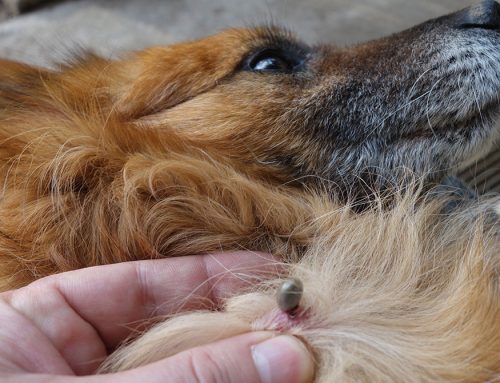As devoted pet owners, ensuring the well-being of our furry companions is a top priority. Knowing when to seek veterinary care is crucial, and having a clear understanding of when to call the vet, when to contact the emergency clinic, and when to visit urgent care can make all the difference in your pet’s health. At Summit Veterinary Care, we understand the importance of timely and appropriate care for your beloved pets. Here’s a comprehensive checklist to help you make informed decisions in various situations.
Call Your Regular Vet:
- Routine Check-ups: Schedule regular check-ups for preventive care and vaccinations, as advised by your veterinarian.
- Non-Emergency Health Concerns: Reach out to your regular vet for non-urgent issues like mild diarrhea, vomiting, or stable chronic conditions.
- Medication Refills: Contact your regular vet for prescription refills or medication-related questions.
- Behavior Concerns: Seek advice for behavior problems, training, or general pet care inquiries.
Call the Emergency Vet:
- Life-threatening Emergencies: If your pet experiences severe trauma, difficulty breathing, seizures, collapse, severe bleeding, or ingestion of toxic substances, contact the emergency vet immediately.
- Sudden Severe Pain: Immediate attention is needed for sudden, severe pain, which is a sign of distress.
- Unconsciousness or Coma: Seek emergency care without delay if your pet loses consciousness or goes into a coma.
- Labor or Birthing Complications: Contact the ER for labor difficulties in pregnant pets.
Go to Urgent Care:
- After-Hours: When your regular vet’s office is closed, but your pet has a non-life-threatening issue that can’t wait until the next day.
- Moderate Injuries: Visit urgent care for injuries that require attention but aren’t immediately life-threatening, such as limping, minor cuts, or mild allergic reactions.
- Non-Emergency Illnesses: If your pet has a non-critical illness like vomiting (not severe or continuous), diarrhea (without blood), or mild lameness.
- Diagnostics and Care: Utilize urgent care for diagnostics, such as after ingesting a foreign object, when immediate distress signs are not present.
Additional Tips:
- Know the Location: Be aware of the nearest emergency veterinary clinic and its hours of operation.
- Keep Important Numbers Handy: Save your regular vet’s number, the emergency vet clinic’s number, and any after-hours urgent care facilities in your contacts.
- Have a First Aid Kit: Maintain a pet first aid kit at home with basic supplies for minor injuries.
- Stay Calm: In any emergency, staying calm is crucial. Your pet can sense your emotions, so try to remain composed.
- Follow Your Vet’s Advice: Always follow your veterinarian’s instructions and recommendations for your pet’s health and well-being.
- Insurance: Consider pet insurance to help cover unexpected costs related to accidents or illness.
Your pet’s health is of the utmost importance to us at Summit Veterinary Care. If you ever find yourself in doubt or concerned about your pet’s condition, do not hesitate to reach out at 571-248-1175
We are here to assist you and provide the best care possible for your beloved companion. Together, let’s ensure a happy and healthy life for your furry family member.
Click the button below to check out a longer list of urgent and emergent medical issues.












